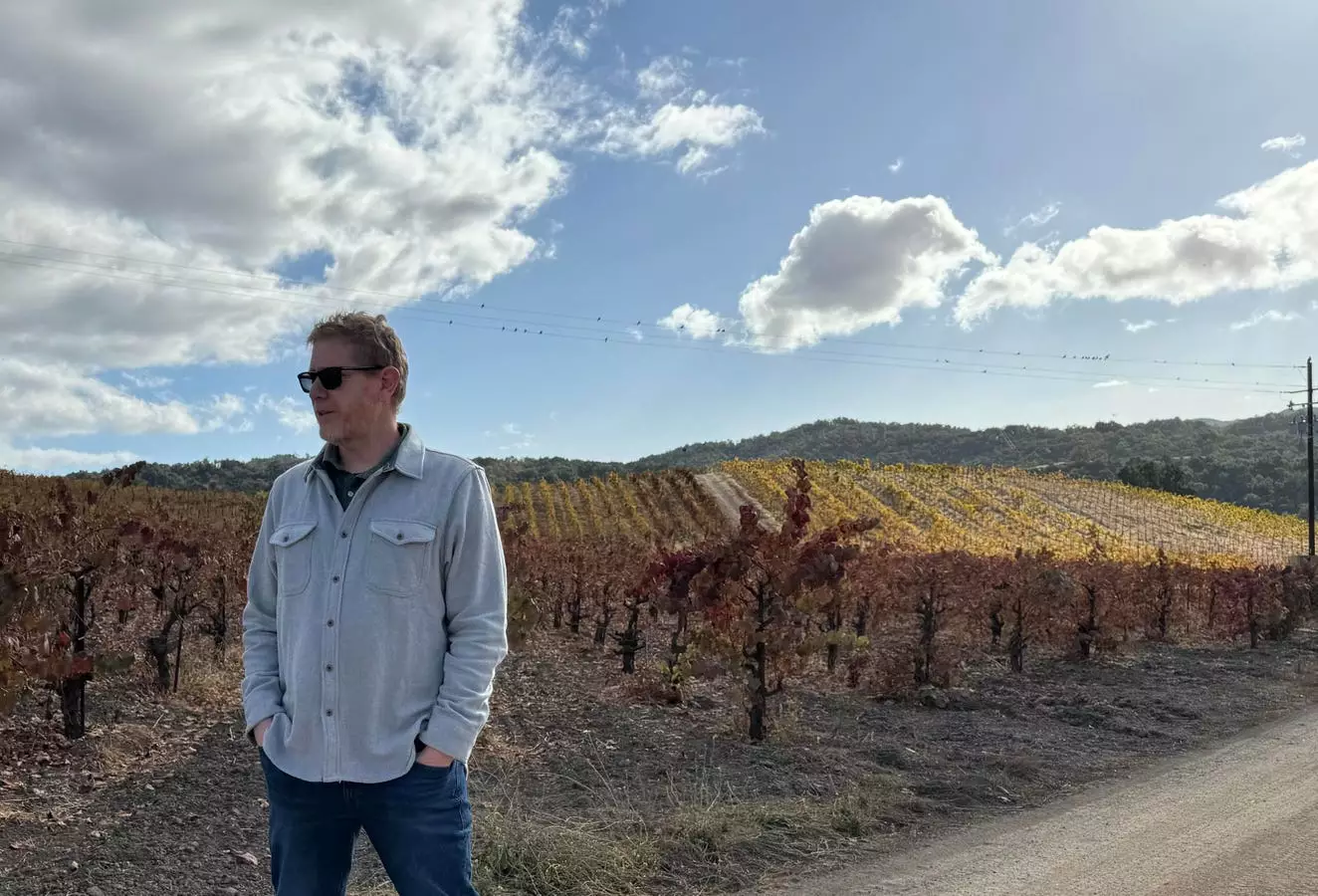In a rapidly evolving world where environmental concerns are taking center stage, few entities stand tall as paragons of sustainability quite like Tablas Creek Vineyard. Nestled in the picturesque Paso Robles region of California, this vineyard has carved a niche for itself as a trailblazer in organic and biodynamic wine production. Its accomplishments in progressive practices have redefined the wine industry’s approach to eco-friendliness, especially with their revolutionary bag-in-box (BiB) wine initiative—the first of its kind in the U.S. market that successfully combines quality with convenience and environmental consciousness.
As consumers increasingly shift towards greener alternatives, the narrative of Tablas Creek is a notable beacon of hope. Their journey into sustainability began decades ago, and they have continuously demonstrated how adopting innovative strategies can enhance not only the quality of wine but also the overall ethos of the production process. Recently, I had the privilege of exploring this esteemed establishment, witnessing firsthand the passion and commitment that drive their vision of ecological harmony.
Learning from Global Partners
One of the distinctive aspects of Tablas Creek is their partnership with the esteemed Perrin family of Château de Beaucastel, a relationship that has been fortified over years of knowledge sharing and cultural exchange. This colaboración has allowed them to amalgamate traditional French winemaking techniques with the unique climatic and soil conditions of California. The synthesis of these practices enables Tablas Creek to produce exceptional Rhône-style wines, imbued with the rich legacy of Châteauneuf-du-Pape.
What sets this partnership apart is its reciprocal nature; it is not a one-sided educational endeavor. As the collaboration has matured, Tablas Creek has also persuaded their French counterparts to embrace innovative vineyard management techniques pioneered in California. Such exchanges illuminate the broader theme within the wine community: sustainability thrives when knowledge transcends borders. The evolving dynamics of this partnership demonstrate that environmental adaptation is as much about learning as it is about teaching.
The philosophy of sustainability is ingrained in every aspect of Tablas Creek’s operations, establishing a culture where values dictate practices rather than merely following market trends. Co-owner Jason Haas emphasizes the importance of aligning environmental stewardship with business choices. In his view, sustainability becomes a natural extension of the organization’s mission and identity, attracting like-minded individuals who are eager to contribute to a cause that prioritizes ecological integrity.
This highlights an essential aspect of sustainability in wine production—the alignment of values among team members. The willingness to innovate and adopt sustainable measures is not merely a corporate responsibility; it is deeply embedded in the ethos of the winery. Haas’s approach underscores the significance of creating a workplace where employees are not just compliant with sustainability goals but rather champions of them.
The influence of Tablas Creek extends beyond its vineyard boundaries. Jason Haas’s role as a leader within the wine community amplifies their commitment to sustainable practices throughout the industry. Serving as Past President of the Rhône Rangers, he has offered guidance and support to numerous aspiring winemakers, particularly those in regions like Texas where the wine industry is witnessing a renaissance.
The Texas wine scene has experienced considerable growth, aided significantly by the introduction of Rhône varietals into the mix. As Jason’s mentorship has fostered knowledge transfer and collaboration, the Texas wine community has begun carving its own identity marked by quality and sustainability. It is inspiring to see such a symbiotic relationship flourish, where seasoned producers share wisdom with emerging talents, cultivating a new generation of environmentally conscious winemakers.
While Tablas Creek’s commitment to sustainability is commendable, challenges remain in the quest for certification—whether it be organic, biodynamic, or regenerative. As Haas aptly stated, adopting sustainable practices should be pursued as a ‚reach activity,‘ encouraging producers to stretch beyond mere compliance to foster genuine innovation. This notion resonates in the wider context of the wine industry, reminding us that only through challenge and perseverance can true progress be made.
The evolving narrative of sustainability is not confined to a single region; it is a widespread movement gaining undeniable momentum. In doing so, Tablas Creek Vineyard stands as a testament to what is possible when dedication to sustainability becomes woven into the very fabric of wine production.
As my visit to Tablas Creek came to an end, I was left with a profound appreciation for the intersection of passion, innovation, and environmental stewardship. In an industry often marked by tradition, the commitment exhibited by this vineyard illustrates that indeed, there is a future worth toasting to—one that honors both the earth and the vine.


Napsat komentář